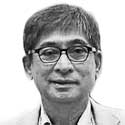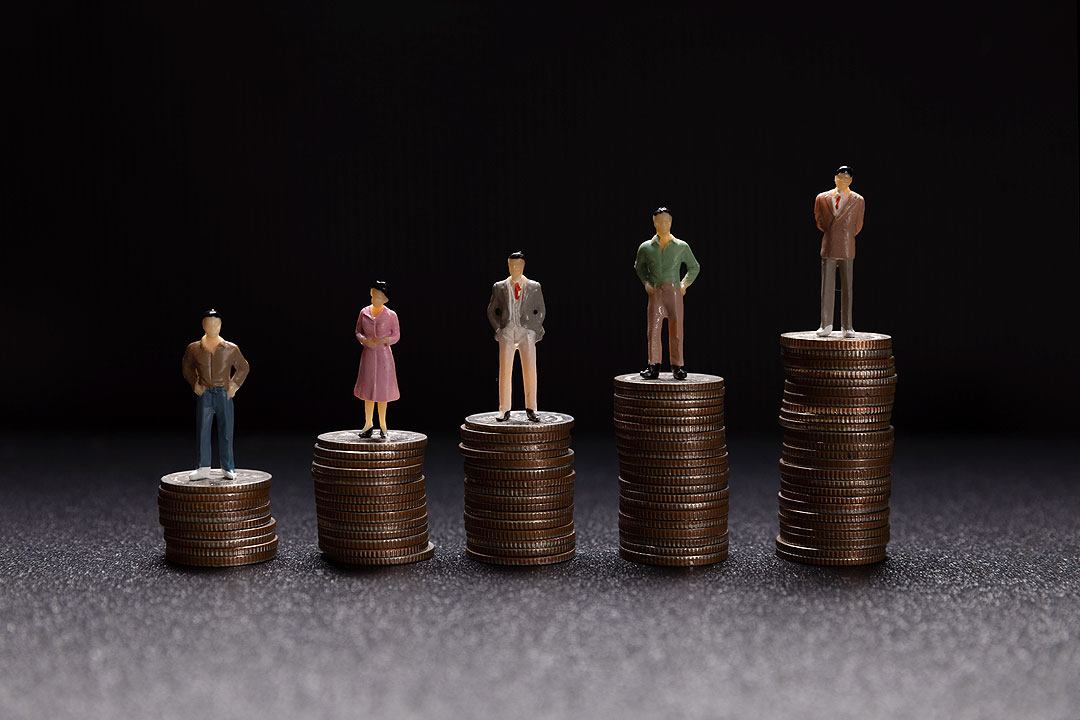Income inequality and the quality of democracy

Earning Our Tomorrow
Philip Ella Juico

Over the past several days, television networks, newspapers, and social media have reported that a recent World Bank study showed that income inequality in the country remains very high.
Warren de Guzman of ABS-CBN states in a report dated Nov. 24, that the country’s income inequality was measured using the Ginni coefficient, which tracks the difference or disparity between wealth distribution of income levels. Zero indicates perfect equality with higher coefficients indicating higher inequality. Stated another way, the Ginni coefficient measures the extent of disparity and inequality between sets of statistical values, in this case, income.
The De Guzman report states that “with a reading of over 40, the Philippines has the second highest income inequality in East Asia, behind only to Thailand.”
The same report says that the country also ranked 15th out of 63 nations worldwide with high income inequality. The World Bank also noted “that the top one percent of earners in the Philippines captured 17% of national income, while the bottom 50% — the poorest half — only accounts for 14%.
Setting aside the data presented by the World Bank, one will be able to clearly visualize such disparity by imagining certain areas in Metro Manila where pockets of affluence lie literally side by side with pockets of poverty. Not too far from middle-class gated villages or subdivisions are areas populated by informal settlers. Property developers however ensure that land values are protected by simply offering to purchase surrounding properties that will not blend with their project concept before actually starting the development.
We have known the fact of income inequality for years and have seen its manifestations all over the place: from the pockets of poverty juxtaposed with pockets of affluence we mentioned earlier, to the number of private vehicles in the streets compared with the insufficiency of public transport. A recent report of the Asian Development Bank says, “Manila needs better public transport.”
There are, of course, reasons for this inequality and there are dangerous consequences on social cohesion and, bottom line, on democracy.
Income inequality starts at the moment of birth when children born into poverty do not get the proper nutrition and are therefore deprived of proper brain development. Unless proper nutrition interventions are implemented in a systematic and strategic way, the malnourished child will not perform well in school. In fact, he or she may not even be able to set foot in school regularly as parents opt to mobilize their children for odd jobs to help augment meager family income. The children grow up to be like their parents — unskilled, untrained, and unemployable, and undeserving of even the legal minimum wage.
There are to be sure reasons for income inequality other than poverty at birth. One possible reason is an environment that is incapable or disinterested in developing the potential of gifted persons. Otherwise-talented individuals are not given equal access to opportunities for a better education. This lack of access is being mitigated by some of the country’s top institutions of higher learning by providing scholarships for a specific percentage of student enrollment for poor but deserving students. While providing equal access to opportunities should ideally be guaranteed by society, no one can guarantee equal results and outcomes. In a competitive market society, individuals must strive to show the best results.
When we refer to income inequality as having dangerous consequences to democracy, we accept the notion that income inequality threatens the survival of a strong middle class on which, in turn, the survival of democracy depends.
Zambian-born economist and analyst of macroeconomic and international affairs, Baroness Dambisa Moyo, author of Winner Take All: China’s Race for Resources and What it Means for the World and other books, wrote in 2018, at the height of Trumpism that “across the world, democracy is under siege.”
While Trump, an avowed enemy of liberal democracy and disdainful of the rule of law, suffered defeat in the 2020 elections despite his and his loyalists’ claims of a stolen election, his politics of anger and polarization still resonate in some parts of the world. Then Brazilian president Jair Bolsonaro openly espoused Trump’s views and even got Steve Bannon as his political consultant. Fortunately, Bolsonaro lost his reelection bid to former president Luiz Lula da Silva. Bannon has been sentenced to four months in prison for defying a subpoena the House issued in line with its investigation of Bannon’s involvement in the Jan. 6, 2021 insurrection.
Moyo explains that citizens of some countries, especially the young — 18 to 29 years old — say the democratic form of government is a less preferable way of getting things done. However, this survey finding in 2018 runs counter to the 2022 election results in Brazil and the midterm polls in the US. In the US, surveys show first-time young voters came out in droves to reject election deniers and proponents of excessively divisive politics.
Media, especially social media, has also helped poison the democratic well with fake news rendering voters less able to make quality decisions based on objective information, says Moyo.
Moyo holds the view that the veracity and very survival of democracy depends on a strong, prosperous middle-class — one that is able to hold government accountable.
An article says that according to research by Prof. Adam Przeworski of the New York University, in countries with a per-capita income below $1,000 (per year), the life of expectancy for a democracy is only around 12 years. In addition, Przeworski states that a democracy can survive “come hell or high water” when a country’s average per capita income is above $6,000, although the number is not adjusted for inflation.
The link between income and stable democracies is, at a certain level, intuitive, according to Moyo. After all, at the heart of democracy is an economic contract between citizens who consent to pay taxes and a government that, in exchange, safeguards the security and welfare of the nation by providing public goods such as education, healthcare, nutrition, and national security. In essence, any economic challenge that threatens the middle class places this contract — and ultimately, democracy — in peril. Obviously, burdensome debt obligations and fiscal deficits compromise the ability of governments to provide these public goods.
Philip Ella Juico’s areas of interest include the protection and promotion of democracy, free markets, sustainable development, social responsibility and sports as a tool for social development. He obtained his doctorate in business at De La Salle University. Dr. Juico served as secretary of Agrarian Reform during the Corazon C. Aquino administration.
